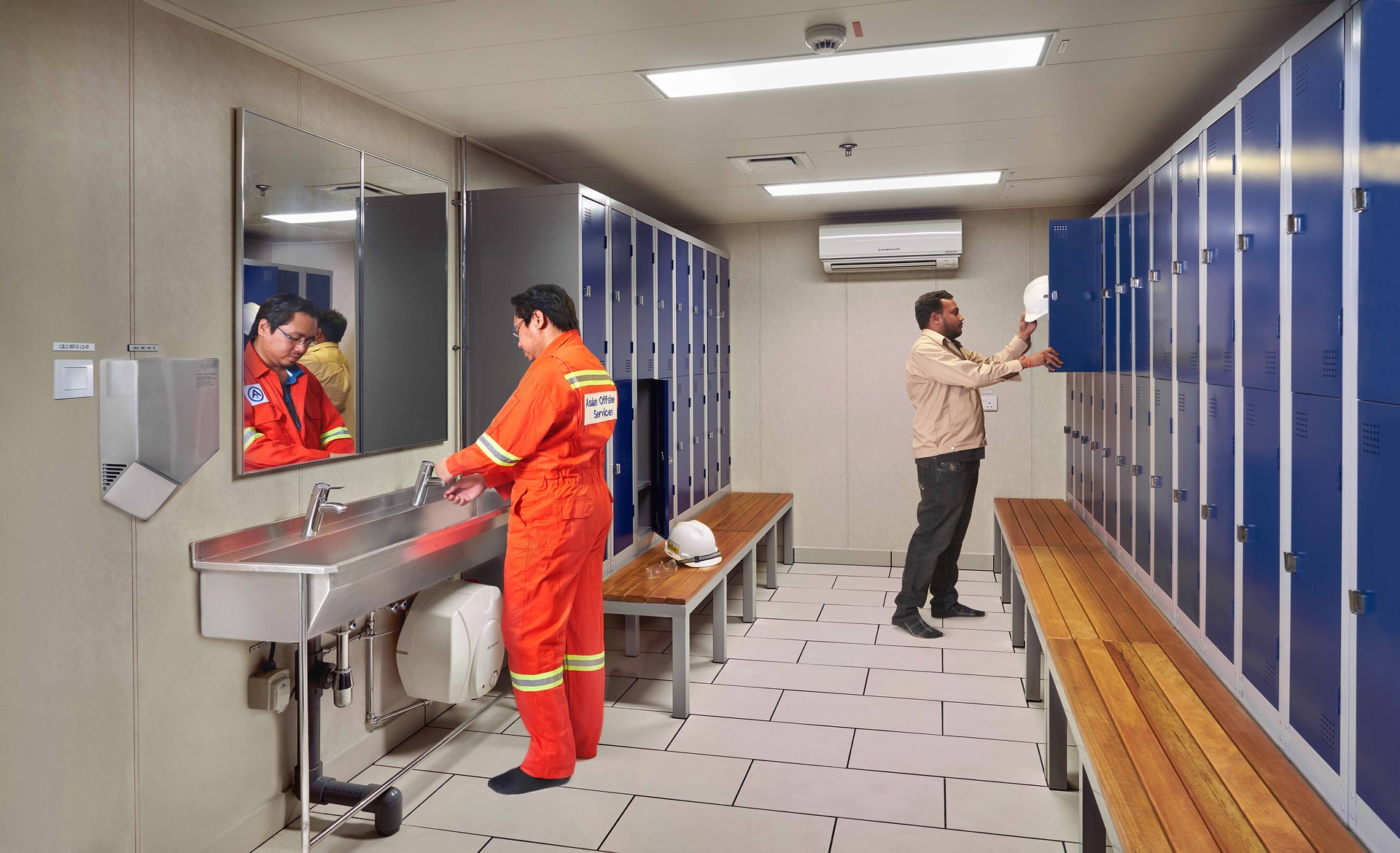Ella Cook @ella-cook
Author
Ella Cook
Thursday, 20 June 2019
- 1 minute read
When it comes to changing rooms, a proactive approach controls and contains so areas across the school don’t suffer. Here’s a few proactive locker room cleaning tips:
1. From Clean to Dirty
Many cleaners want to tackle the big stuff first, but best suggestions are that changing rooms should be cleaned in a specific order, starting with the least dirty to the most. Just like you do at home, clean high before low – an efficient process never makes cleaned surfaces dirty.
2. Use that Elbow Grease
Quality changing room cleaning for schools should use registered, hospital-grade disinfectants to clean all touch points and floors. Best to look out for disinfectants that leave less residue while still providing the superior cleaning you need for any grouted tile or similar surfaces.
3. Find the Source of Smells
Mould, dampness and general dirt builds up around floor drains, bottoms of lockers, around the feet of benching, and other surfaces, contributing to that infamous medley of smells always found in changing rooms. Rather than continually masking the terrible smell, it is often best to get to the root of the issue, replace the floor potentially if it is mouldy and then keep on top of the cleaning and maintenance to ensure it stays fresh. Some suggest periodicically applying enzyme-based chemicals to break down those filthy areas before they can build up persistent odours.
4. Test Your Water
If the water used in your changing room is “hard water” that will make some cleaning solutions inappropriate. Higher concentrations of calcium, iron, and magnesium can require different solutions to achieve deep cleaning efficiently.
5. Keep Up with Your Students Changing rooms are high traffic areas, in schools and stadium areas. If cleaning doesn’t rise to the frequency of use, that unfairly impacts students using the changing room late in the cleaning cycle. It also increases the amount of dirt spreading from the changing room to other school areas.

Ella Cook @ella-cook
Author